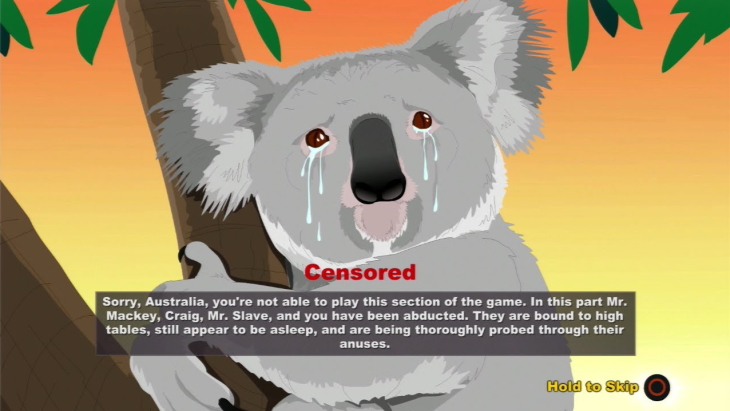
Australia’s Department of Infrastructure, Transport, Regional Development and Communications (Department of Art & Comms) is seeking feedback on their media classification regulation.
While officially announced on January 8th, it had not gained much traction in news organizations outside of Australia.
The form discusses how “The current system was not designed to manage changing technologies or the large volumes of content now available via streaming services, online game storefronts and other content platforms.”
As such, the Department of Art & Comms is seeking feedback on their classification regulation.
“On 16 December 2019, the Minister for Communications, Cyber Safety and the Arts released terms of reference for a review of Australia’s classification regulation.
This review seeks to develop a classification framework that meets community needs and reflects today’s digital environment.
Key issues to be considered include:
- How best to harmonise the regulatory framework for classification across broadcast content, online content and physical product such as DVDs and boxed games.
- Whether the criteria for classifying films and computer games are still appropriate and useful and continue to reflect community standards and concerns.
- The type of content that should be required to be classified.
- Who should be responsible for classifying content and what level of government oversight is appropriate.”
The 42-page survey is open until February 19th at 17:00 AEDT. Along with up to four submission files, users will also need to show an address from Australia, limiting the survey to only Australian citizens.
Australia has long been infamous for their strict localization laws. Recent titles refused classification in Australia include The Grisaia Trilogy, Mary Skelter 2, Kingdom Come: Deliverance, Criminal Girls 2, and We Happy Few (twice). The primary reason for many refusals seems to be around drugs or sexual content.
Some games have had to censor themselves to be sold in Australia, including South Park: The Stick of Truth removing whole minigames (and replacing them with images of crying koala, along with an explanation). DayZ censored all drug references to be sold in the country.
Australian Senator and leader of the Australian Liberal Democrats David Leyonhjelm proposed a bill in 2018 to protect games from being banned. The bill ultimately lapsed at end of Parliament in July 2019 (effectively not proceeding with the bill due to a lack of progress when the House ended for the year).
Image: South Park: The Stick of Truth (via YouTube)